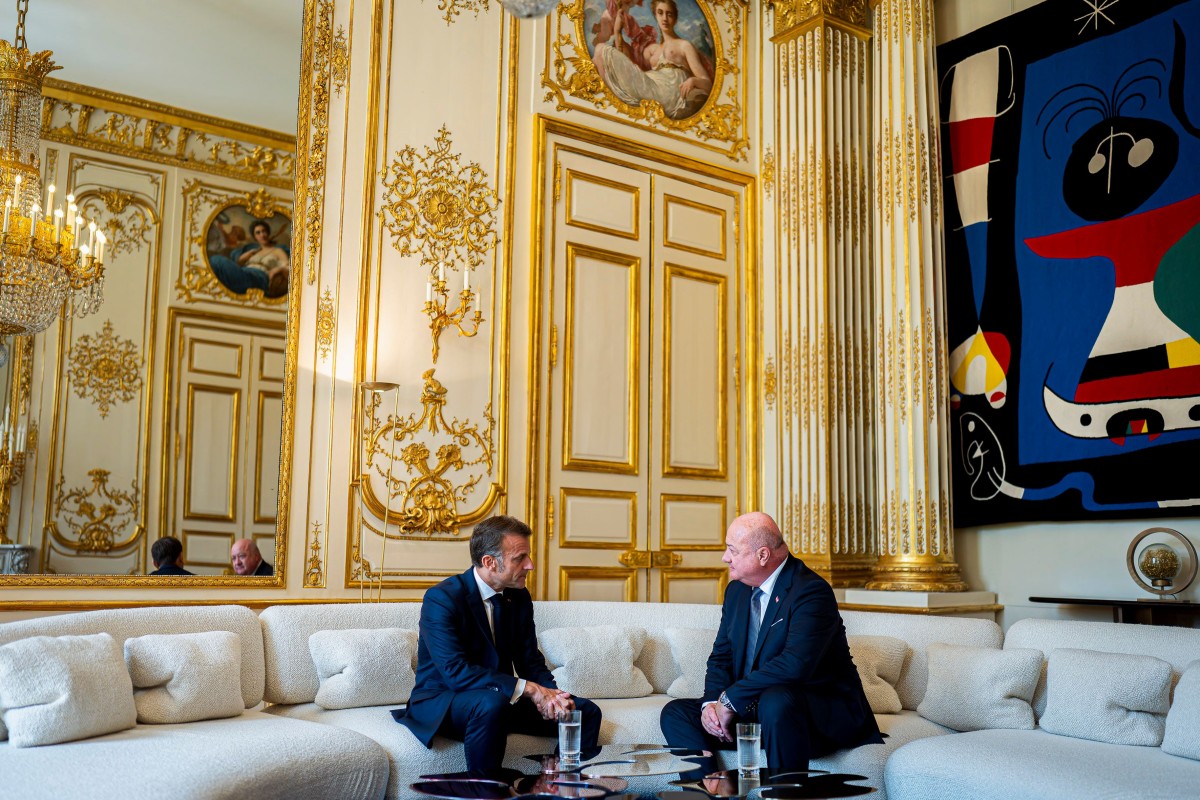Sponsored Content
Austria on Course for a Digital and Sustainable Era in Europe
The Austrian federal government has presented a positive mid-year review of its work for the first half of 2025. Chancellor Christian Stocker, Vice-Chancellor Andreas Babler, and Foreign Minister Beate Meinl-Reisinger presented the progress made in implementing the government program and reaffirmed the goal of making Austria future-proof, securing prosperity, strengthening competitiveness, and advocating for a strong Europe, as Chancellor Stocker reiterated during his trips to Italy and France.
 Austrian Chancellor Christian Stocker (r.) traveled to Paris for a working visit with French President Emmanuel Macron (l.). / Picture: © Bundeskanzleramt (BKA) / Florian Schrötter
Austrian Chancellor Christian Stocker (r.) traveled to Paris for a working visit with French President Emmanuel Macron (l.). / Picture: © Bundeskanzleramt (BKA) / Florian Schrötter
Chancellor Christian Stocker emphasized that numerous measures had been initiated over the past four months. “We want to deliver on what we promised: to do what is right for Austria,” said Stocker. He stressed the importance of the reform partnership between the federal government, the states, cities, and municipalities as crucial for implementing necessary…
or Log In
Fast News Search





